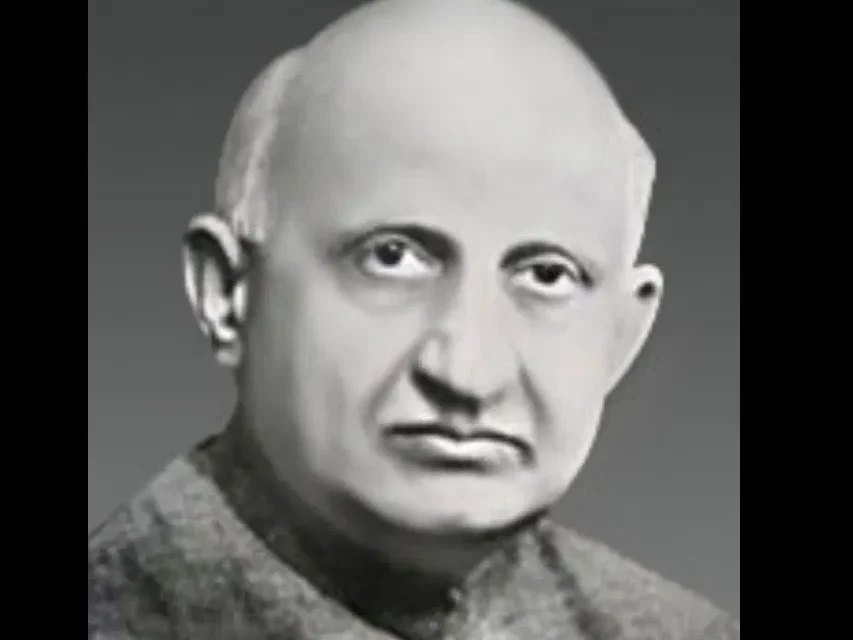Table of Contents
Introduction
The Desai Liaquat Pact was a significant agreement negotiated between Bhulabhai Desai, representing the Indian National Congress, and Liaquat Ali Khan, representing the Muslim League, during British colonial rule.
Signed in 1945, the pact aimed to address the escalating communal tensions and protect minority rights in British India, particularly between Hindus and Muslims.
The pact faced challenges in gaining formal endorsement and ultimately did not result in a formal agreement.

Desai Liaquat Pact
- During the Quit India movement, while Gandhi and the entire Congress Working Committee members were arrested (from 1942 to 1945), Bhulabhai Desai remained free.
- Desai engaged in secretive negotiations with Liaquat Ali Khan (the second-most important leader of the Muslim League).
- The negotiations aimed to establish an agreement for a future coalition government.
- In the proposed deal, Liaquat Ali Khan abandoned the demand for a separate Muslim state in exchange for parity of Muslims-to-Hindus in the council of ministers.
- Desai worked without the knowledge of Gandhi, Patel, Nehru, or other Congress leaders, while Khan kept the deal secret from Muhammad Ali Jinnah.
- When a press report leaked the potential deal in 1945, both parties were alarmed.
- Desai provided full information to Gandhi, but Jinnah and the League rejected any agreements, and Liaquat Ali Khan denied negotiating such a pact.
- The Congress leaders were upset with Bhulabhai Desai for negotiating with the Muslim League without their knowledge.
- Bhulabhai Desai was not given a ticket to contest elections for the Constituent Assembly of India due to his ill health and accusations of advancing his power and popularity while Congress leadership was imprisoned.
Result and Impact
- Despite its intentions to bridge the gap between Congress and the Muslim League, the pact did not result in a formal agreement.
- It failed to get a formal endorsement from either party.
- The political deadlock and heightened tensions between Hindus and Muslims continued. As a result, India’s path to independence remained fraught with challenges, ultimately leading to the partition of British India in 1947 and the creation of India and Pakistan as separate nations.
